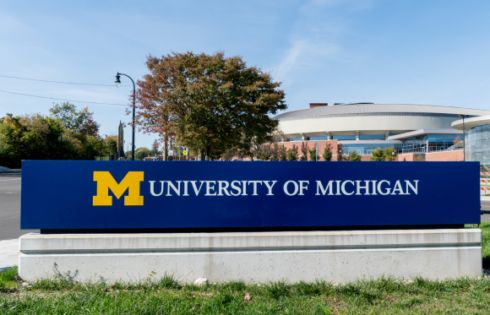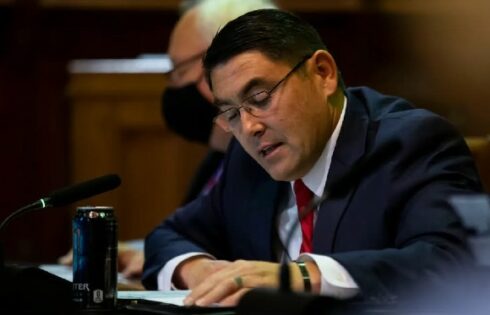
 The Stanford administration has begun serious discussions with branches of the military about setting up an on-campus ROTC program. Senior Stanford administrators and the Navy’s Public Affairs Office have confirmed that substantive talks are underway regarding an expansion of a Navy/Marine Corps ROTC program (NROTC).
The Stanford administration has begun serious discussions with branches of the military about setting up an on-campus ROTC program. Senior Stanford administrators and the Navy’s Public Affairs Office have confirmed that substantive talks are underway regarding an expansion of a Navy/Marine Corps ROTC program (NROTC).
In the wake of the Faculty Senate approving ROTC’s return, university administrators in the President’s Office began reaching out to the various branches of the military to gauge interest.
“After the Faculty Senate ratification, there was a message that went out to my higher HQ of the United States Army that was checking to see if the Army was interested in developing the option,” said Lt. Col. John Tao, the director of Santa Clara’s Army ROTC program.
According to Jeff Wachtel, special assistant to Stanford President John Hennessy, similar messages were broadcast to the other services as well.
Talks with the Army, however, slowed quickly. Lt. Col. Matt Hackathorn, an Army public affairs officer, said that the Army had no intention of expanding its presence at Stanford in the near future.
“Our current posture at Stanford is appropriate for the number of students now enrolled in Army ROTC,” he said. “If student interest increases we would be happy to consider increasing our presence.”
That question of student interest has been a driving force for Stanford administrators in determining with which military branch it would like to partner. Wachtel said that student involvement was a central part of the university’s initial conversations about ROTC. In these early discussions, Stanford “learned that typically ROTC programs have student enrollments greater than 50 to be cost effective and meet the service educational objectives.” Therefore, Wachtel concluded that enrollment would need to increase “dramatically over the current levels of ROTC participation or bring students from other universities on to campus.”
For that reason, Stanford administrators quickly shifted focus toward a Navy/Marine program because the closest such program – based at Berkeley – is a significant distance from Stanford and a few neighboring universities.
“(Stanford could attempt to create) cooperative relationships with other local universities to achieve a minimum number of participants,” Watchel said.
A partnership with the Navy in particular may make sense for another reason. Dr. Michael Segal, a member of the group Advocates for ROTC, explained that the Navy would be particularly interested in a program at Stanford because of how “highly it values graduates with technical expertise.”
Discussions between Stanford and the Navy have begun making progress.
At Stanford, President Hennessey has tasked Scott Calvert, a senior administrator in the Vice Provost for Undergraduate Education office and a retired Navy officer, with leading these discussions. Lt. Charity Hardison, a Navy public affairs officer, confirmed that a substantive exchange was underway.
“Navy has engaged Stanford leadership regarding expansion of this program and the discussions are ongoing,” she said.
“[Stanford and the Navy] have not yet had opportunity to identify specific plans or expectations,” Hardison said.
At Stanford, administrators maintained a similar position. When asked for comment about progress in the discussions, Wachtel said, “So as not to disrupt our discussions with the Navy, we believe it is best not to share any more information at this point, including the names of the people from the Navy, with whom we are speaking.”
Stanford officials maintain that, ultimately, the decision about expanding NROTC at Stanford will be made by the Navy.
Navy officials, however, said no specific timeline was in place. Wachtel indicated that an update on the university’s progress will be provided “by the end of fall quarter.”
Alex Katz is a staff writer for the Stanford Review. He is a contributor to The College Fix.
Like The College Fix on Facebook / Follow us on Twitter





Please join the conversation about our stories on Facebook, Twitter, Instagram, Reddit, MeWe, Rumble, Gab, Minds and Gettr.